Home>Garden Essentials>How Long Does Bamboo Take To Germinate
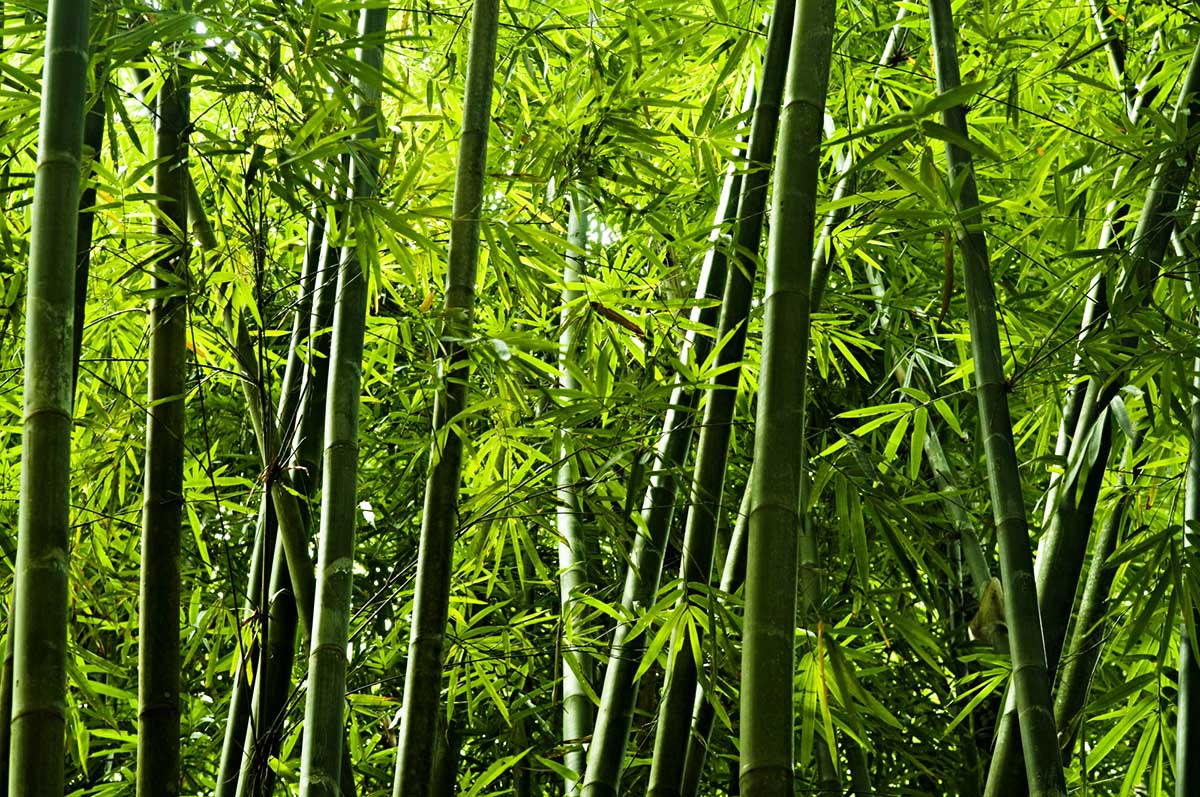

Garden Essentials
How Long Does Bamboo Take To Germinate
Modified: March 16, 2024
Learn how long it takes for bamboo seeds to germinate in your garden. Discover the ideal conditions and tips for successful germination.
(Many of the links in this article redirect to a specific reviewed product. Your purchase of these products through affiliate links helps to generate commission for Storables.com, at no extra cost. Learn more)
Introduction
Welcome to the fascinating world of bamboo germination! If you’ve ever wondered how long it takes for bamboo seeds to sprout and grow into beautiful plants, you’ve come to the right place. In this article, we will explore the process of bamboo germination and highlight the factors that contribute to successful seed germination. Whether you’re a gardening enthusiast or simply curious about the wonders of nature, this article will provide you with valuable insights into the germination timeline of bamboo.
Bamboo is renowned for its fast growth and versatility, making it a popular choice for gardeners and landscapers worldwide. While it is commonly propagated through division and rhizome cuttings, growing bamboo from seeds can be an exciting and rewarding experience. However, before you embark on the journey of bamboo germination, it’s essential to understand the intricacies of the process and the factors that influence its successful outcome.
Germination is the process by which a seed develops into a new plant. It involves the awakening of vital biological processes within the seed, leading to the emergence of the embryonic shoot, also known as the sprout or seedling. During germination, the seed absorbs water and nutrients from the surrounding environment, triggering biochemical changes that enable growth and development.
Several factors affect the germination of bamboo seeds, such as temperature, moisture, light, and the quality of the seed itself. Each bamboo species has specific requirements for germination, and understanding these requirements is key to ensuring successful seed sprouting. Additionally, providing an optimal growing environment will significantly increase the chances of successful germination.
In the following sections, we will delve into the germination process of bamboo seeds, explore the timeframes for germination, and provide helpful tips for faster and more efficient sprouting. So, let’s embark on this exciting journey and discover the fascinating world of bamboo germination together!
Key Takeaways:
- Bamboo seeds require warmth, moisture, and light for successful germination. Patience and care are essential as different species have varying germination timeframes.
- Techniques like scarification and cold stratification can expedite bamboo seed germination. High-quality seeds and optimal conditions greatly increase the chances of successful sprouting.
Read more: How Long Does It Take For Mint To Germinate?
What is Germination?
Germination is a natural process in which a seed transforms into a new plant. It is the crucial first step in the life cycle of plants, including bamboo. During germination, a dormant seed becomes activated, and the embryo starts to develop into a seedling.
To understand germination, it’s important to grasp the structure of a seed. A seed consists of three main parts: the embryo, the endosperm, and the seed coat. The embryo is the young plant-to-be, encased within the seed coat. The endosperm is a nutrient-rich tissue that provides nourishment to the developing embryo.
When the conditions are favorable, germination begins. The seed absorbs water through the tiny pores in its outer layer, causing it to swell. This hydration process triggers biochemical changes within the seed, activating enzymes that break down complex compounds and release stored nutrients from the endosperm. These nutrients provide the energy and building blocks necessary for the embryo to grow.
As the embryo starts to expand, it pushes against the seed coat. Eventually, a shoot emerges, seeking the light, and a root extends into the soil, seeking water and nutrients. At this stage, the seedling has successfully completed germination and begins its growth journey.
For bamboo seeds, germination is a critical stage as it determines the potential for healthy plant development. Proper germination sets the foundation for robust root and shoot growth, ensuring the vitality of the bamboo plant in its later stages of life.
The process of germination can vary depending on the species of bamboo and the specific environmental conditions required for successful seed sprouting. Factors like temperature, moisture, light, and the quality of the seed play significant roles in the germination process. By understanding these factors and providing the ideal conditions, gardeners can increase the chances of successful bamboo germination.
In the next sections, we will explore the factors that influence bamboo germination, the specific germination timeframes for different bamboo species, and the requirements for successful germination to help you embark on your bamboo growing journey with confidence.
Factors Affecting Bamboo Germination
Bamboo germination is influenced by several factors that play a crucial role in determining the success of seed sprouting. Understanding these factors and providing the optimal conditions will greatly enhance the chances of successful germination. Let’s explore the key factors that affect bamboo germination:
1. Temperature: Temperature is one of the most critical factors impacting bamboo seed germination. Different bamboo species have specific temperature requirements for optimal germination. Generally, bamboo seeds prefer warm temperatures ranging between 70°F to 85°F (21°C to 29°C). However, it’s essential to research the specific temperature preferences of the bamboo species you’re working with to ensure successful germination.
2. Moisture: Adequate moisture is crucial for bamboo seed germination. Before planting the seeds, it’s recommended to soak them in water for 24 to 48 hours to enhance hydration and initiate the germination process. After planting, it’s important to maintain consistent moisture levels in the soil to ensure the seeds remain hydrated. However, be cautious not to oversaturate the soil, as excessive moisture can lead to rotting and hinder germination.
3. Light: Most bamboo seeds require exposure to light for successful germination. It’s best to sow the seeds on the soil surface or lightly cover them with a thin layer of soil, allowing them to receive ample light. However, some bamboo species may have specific light requirements, such as partial shade or full sun exposure. Research the light preferences of your chosen bamboo species and provide the appropriate light conditions accordingly.
4. Seed Quality: The quality of the bamboo seeds themselves is an important factor to consider. Using fresh, viable seeds from reputable sources greatly increases the chances of successful germination. Old or low-quality seeds may have reduced germination rates, resulting in poor sprouting outcomes. Therefore, it’s advisable to obtain seeds from reliable suppliers or collect them from healthy bamboo plants.
5. Seed Preparation: Preparing the seeds before planting can enhance their germination potential. Scarification, which involves scratching or nicking the outer seed coat, is a common technique to increase water absorption and promote germination. Additionally, soaking the seeds in water prior to planting can help initiate the germination process by softening the seed coat.
6. Soil Quality: The quality of the soil is crucial for bamboo germination. Ensure that the soil is well-draining, as waterlogged or compacted soil can inhibit germination. The soil should also be rich in organic matter and nutrients to provide the necessary resources for seedling growth. Conduct a soil test if needed to assess and adjust the pH and nutrient levels to ensure an optimal growing environment.
By considering these factors and providing the appropriate conditions, you can greatly enhance the chances of successful bamboo seed germination. In the next sections, we will explore the specific germination timeframes for different bamboo species and the requirements for a successful germination process. Stay tuned to unlock the secrets of growing bamboo from seeds!
Bamboo Species and Germination Time
Bamboo encompasses a wide range of species, each with its unique characteristics and requirements. Consequently, the germination time can vary between different bamboo species. Understanding the typical germination timeframe for the species you’re working with will help you plan and manage your bamboo growing project effectively. Let’s explore the germination timeframes for some popular bamboo species:
1. Phyllostachys aurea (Golden Bamboo): Germination for Phyllostachys aurea usually occurs within 30 to 60 days, depending on the environmental conditions. This species prefers warm temperatures and consistently moist soil for optimal germination.
2. Phyllostachys edulis (Moso Bamboo): Moso Bamboo is known for its impressive size and rapid growth. Germination for Phyllostachys edulis can take anywhere from 60 to 120 days. Factors such as temperature, moisture, and seed quality heavily influence the germination timeframe for this species.
3. Bambusa multiplex (Hedge Bamboo): Hedge Bamboo typically has a germination period ranging from 30 to 60 days. This species prefers warm temperatures and requires consistent moisture to encourage successful seed sprouting.
4. Fargesia sp. (Clumping Bamboo): Clumping Bamboo species, such as Fargesia, have a germination timeframe of approximately 30 to 90 days. Certain species of Fargesia may require cold stratification, a process of subjecting the seeds to a cold and moist environment, to break seed dormancy and stimulate germination.
5. Dendrocalamus strictus (Bamboo): Germination for Dendrocalamus strictus can take anywhere from 40 to 70 days. This species requires warm temperatures and consistent moisture levels for optimal germination.
It’s important to note that these timeframes are general guidelines and can vary depending on various factors like temperature, moisture, seed quality, and individual plant conditions. Additionally, some bamboo species may have specific germination requirements, such as cold stratification or scarification, which may impact the germination timeframe.
To maximize the chances of successful germination, research the specific requirements of the bamboo species you’re working with. Consult reliable gardening resources, seed suppliers, or local gardening experts for species-specific information and techniques to promote efficient germination.
Keep in mind that bamboo is known for its resilience and adaptability. While the germination timeframe may vary, with proper care, optimal growing conditions, and patience, you can enjoy the rewarding experience of witnessing bamboo seeds sprouting and growing into magnificent plants. In the next section, we will explore the germination process of bamboo seeds in more detail.
Germination Process of Bamboo Seeds
The germination process of bamboo seeds is a fascinating journey that involves various stages of growth and development. Understanding the steps involved in bamboo seed germination will help you appreciate the intricacies of this natural phenomenon. Let’s explore the germination process of bamboo seeds:
1. Seed Preparation: Before planting, it’s beneficial to prepare the bamboo seeds to improve germination rates. One common method is scarification, which involves nicking or scratching the outer seed coat to enhance water absorption. Scarification helps break the seed dormancy and stimulates germination. Additionally, soaking the seeds in water for 24 to 48 hours can help kickstart the germination process.
2. Seed Planting: Once the seeds are prepared, it’s time to plant them. Bamboo seeds are typically sown directly into the soil or germination trays. When planting, ensure that the seeds are placed at a suitable depth, usually about twice the diameter of the seed. Lightly cover the seeds with soil or vermiculite, depending on the species’ light requirements.
3. Watering and Moisture: Bamboo seeds require consistent moisture during germination. Water the planted seeds gently to ensure that the soil is evenly moist. Avoid overwatering, as excessively wet conditions can lead to rotting. Maintaining optimal moisture levels throughout the germination period is crucial for successful sprouting.
4. Germination: Under suitable conditions, the seed absorbs water and activates the growth process. The outer seed coat softens, and the embryo inside begins to swell. As the embryo expands, it exerts pressure on the seed coat, eventually causing it to split open. At this stage, the sprout emerges, seeking the light, while the root grows downward into the soil, searching for nutrients and water.
5. Seedling Development: Once the sprout emerges, it begins to develop into a seedling. The shoot, or plumule, continues to elongate and develop leaves, while the root system strengthens and expands. During this stage, it’s important to provide adequate sunlight or artificial light sources to ensure healthy shoot development.
6. Transplanting: Once the bamboo seedlings have developed multiple leaves and a robust root system, they can be transplanted into their desired growing location. Carefully remove the seedlings from their germination trays or pots, taking care not to damage the delicate roots. Plant them in well-prepared soil, ensuring proper spacing between plants based on the specific bamboo species’ requirements.
7. Continued Care: After transplanting, provide regular watering and ensure that the bamboo plants receive adequate sunlight or the recommended light conditions for their species. Monitor soil moisture levels and provide occasional fertilization as needed to support healthy growth.
By understanding and following these steps, you can successfully guide bamboo seeds through the germination process. Remember that each species may have its specific germination requirements and timelines, so research the needs of your chosen bamboo species for the best results. In the next section, we will delve into the requirements for successful bamboo germination.
Bamboo seeds can take anywhere from 1 to 3 months to germinate. To speed up the process, soak the seeds in water for 24 hours before planting. Keep the soil consistently moist and warm for best results.
Read more: How Long Does It Take Millet To Germinate
Requirements for Successful Bamboo Germination
To ensure successful bamboo germination, it’s essential to provide the optimal conditions for the seeds to sprout and grow into healthy seedlings. By meeting the following requirements, you can greatly increase the chances of successful bamboo germination:
1. Temperature: Bamboo seeds require specific temperature ranges for optimal germination. Most bamboo species prefer warm temperatures between 70°F to 85°F (21°C to 29°C). Providing a consistent and suitable temperature during the germination period is crucial. You can achieve this by placing the germination trays or pots in a warm and well-insulated area or utilizing heating mats or controlled environments like a greenhouse.
2. Moisture: Adequate moisture is essential for bamboo seed germination. Before planting, soak the seeds in water for 24 to 48 hours to enhance hydration and initiate the germination process. After planting, maintain consistent moisture levels in the soil by watering gently and regularly. Monitor the moisture content of the soil to ensure it remains evenly moist but not waterlogged. Avoid excessive watering, which can lead to rotting.
3. Light: Most bamboo seeds require exposure to light for successful germination. Plant the seeds on the soil surface or lightly cover them with a thin layer of soil to ensure they receive ample light. Place the germination trays or pots in a well-lit area or provide artificial light sources if natural sunlight is limited. Some bamboo species may have specific light requirements, such as partial shade or full sun exposure. Research the light preferences of your chosen bamboo species and adjust accordingly.
4. Seed Quality: Using high-quality seeds greatly increases the chances of successful germination. Obtain fresh, viable seeds from reputable suppliers or collect them from healthy bamboo plants. Check for signs of viability, such as plumpness, firmness, and intact seed coats. Reliable seed sources ensure that the seeds have a higher potential for sprouting and healthy growth.
5. Soil Quality: The quality of the soil significantly impacts bamboo germination. Choose a well-draining soil mix that retains moisture but does not become waterlogged. Add organic matter, such as compost or well-rotted manure, to improve nutrient levels and soil structure. Conduct a soil test to assess the pH level and adjust it to the preferred range for bamboo growth, which is typically slightly acidic to neutral (pH 5.5 to 7).
6. Patience: Bamboo germination can be a slow process, and different species may have varying germination timeframes. It’s important to exercise patience and provide consistent care while waiting for the seeds to sprout. Avoid the temptation to overwater or disturb the seeds during this period. Maintain a suitable environment and trust the natural process of germination to take place.
By ensuring the proper temperature, moisture, light, seed quality, soil quality, and patience, you provide the ideal conditions for successful bamboo germination. Remember to research the specific requirements of your chosen bamboo species and adjust the conditions accordingly.
In the next section, we will explore the typical timeframe for bamboo germination and provide tips for faster sprouting. Stay tuned as we unveil the secrets to successful bamboo germination!
Timeframe for Bamboo Germination
The timeframe for bamboo germination can vary depending on several factors, including the specific bamboo species, environmental conditions, and seed quality. While the germination period may differ for different species, understanding the general timeframe can help you plan and manage your bamboo growing project effectively. Let’s explore the typical timeframes for bamboo germination:
1. Short Duration Germination: Some bamboo species have relatively short germination periods. For these species, germination can occur within a range of 30 to 60 days. Under optimal conditions, with suitable temperature, moisture, and light, these species will start to show signs of sprouting within this timeframe. Examples of bamboo species with shorter germination durations include Phyllostachys aurea (Golden Bamboo) and Bambusa multiplex (Hedge Bamboo).
2. Moderate Duration Germination: Other bamboo species have a slightly longer germination period, typically ranging from 60 to 90 days. These species may require a bit more time to break dormancy and initiate seed sprouting. Factors such as temperature, moisture, and seed quality play crucial roles in determining the exact time within this range. Phyllostachys edulis (Moso Bamboo) and Dendrocalamus strictus (Bamboo) are examples of species with moderate duration germination.
3. Longer Duration Germination: Certain bamboo species have longer germination periods, ranging from 90 to 120 days or even more. These species may have specific requirements, such as cold stratification or scarification, which can extend the germination timeframe. Patience and careful attention to the environmental conditions are necessary for successful germination of these species. Fargesia sp. (Clumping Bamboo) is an example of a bamboo species that may fall into the longer duration germination category.
It’s important to note that these timeframes are general guidelines and can vary based on various factors. Additionally, seed quality and individual plant conditions can also impact germination times. As a gardener, it’s crucial to be patient and provide optimal care and conditions to facilitate the germination process.
If you find that the germination process exceeds the typical timeframe, it’s possible that certain factors, such as suboptimal environmental conditions or low-quality seeds, may be inhibiting germination. In such cases, it may be necessary to reassess and adjust these factors to improve the chances of successful germination.
In the next section, we’ll provide some helpful tips to promote faster and efficient bamboo germination.
Tips for Faster Bamboo Germination
If you’re eager to see your bamboo seeds sprout and start their growth journey sooner, there are several tips and techniques you can employ to promote faster germination. While each bamboo species may have specific requirements, the following tips generally apply to enhance the germination process:
1. Seed Scarification: Consider scarifying the bamboo seeds before planting. Gently scratch or nick the seed coat using sandpaper or a knife. This process helps to break the seed dormancy and allows water to penetrate the seed more easily, promoting quicker germination.
2. Cold Stratification: For bamboo species that require cold stratification, mimic their natural conditions by subjecting the seeds to a period of cold and moist conditions. Place the seeds in a plastic bag with some moistened peat moss or vermiculite and refrigerate for a few weeks. This mimics the natural winter dormancy period, and once they’re removed from cold stratification, the seeds are ready for planting and may germinate faster.
3. Warm Environment: Ensure that the bamboo seeds are kept in a warm environment with temperatures between 70°F to 85°F (21°C to 29°C). Providing a consistent and suitable temperature encourages faster germination. Utilizing a heating mat or placing the seeds in a warm location can help maintain the desired temperature.
4. Adequate Moisture: Maintain proper moisture levels in the soil during the germination process, ensuring it remains evenly moist but not waterlogged. Mist the soil lightly to prevent it from drying out. Using a spray bottle or a fine mist setting on a watering can can help provide gentle and even moisture distribution.
5. Good Seed Quality: Start with high-quality seeds from reputable suppliers or collect them from healthy bamboo plants. Fresh and viable seeds have a higher potential for faster and successful germination. Ensure the seeds are plump, firm, and show no signs of damage or decay.
6. Light Exposure: Most bamboo seeds require exposure to light for germination. Place the seeds where they can receive ample sunlight or provide artificial light sources with the appropriate spectrum for plant growth. Ensure that the seeds are not buried too deep to allow for sufficient light penetration.
7. Proper Drainage: Use well-draining soil to prevent waterlogging, which can hinder germination. Adequate drainage ensures that excess moisture doesn’t accumulate around the seeds, promoting healthier and faster seedling development.
8. Consistent Care: Consistent care and attention are essential during the germination period. Monitor soil moisture levels regularly and adjust watering as needed. Avoid overwatering, as it can lead to rotting or fungal diseases. Additionally, keep an eye out for any signs of pest infestations and address them promptly.
Remember that bamboo germination requires time and patience, but these tips can help expedite the process. Keep in mind that different bamboo species may have specific requirements, so it’s crucial to research and adapt your approach accordingly. With proper care, your bamboo seeds will sprout, initiating their journey towards becoming magnificent plants.
In the concluding section, we’ll summarize the key points and highlight the significance of bamboo germination.
Conclusion
Bamboo germination is a captivating process that marks the beginning of a bamboo plant’s life. Understanding the factors that influence germination, as well as the specific requirements and timeframes for different bamboo species, is key to successfully growing bamboo from seeds.
Factors such as temperature, moisture, light, seed quality, and soil quality play crucial roles in the germination process. By providing the optimal conditions for germination, such as warm temperatures, consistent moisture, proper lighting, and well-draining soil, you can significantly increase the chances of successful bamboo germination.
Patience is also essential when it comes to bamboo germination. Different bamboo species have varying germination timeframes, ranging from as short as 30 days to as long as 120 days or more. It’s important to be patient and provide consistent care and attention to the seeds during this period, ensuring they have the necessary environment to sprout and grow.
If you’re looking to promote faster germination, techniques such as scarification, cold stratification (if required), and maintaining optimal conditions can help expedite the process. Using high-quality seeds from reputable sources also increases the likelihood of successful and timely germination.
As your bamboo seeds progress through the germination process, it’s crucial to monitor their growth and provide appropriate care. Once the seedlings have developed sufficiently, they can be transplanted into their desired growing location, where they will continue their growth into magnificent bamboo plants.
Through the germination journey, you’ll witness the emergence of shoots seeking the light and roots searching for nourishment from the soil. It’s an exciting and rewarding experience that offers a deeper understanding of the resilience and beauty of bamboo as a plant.
With a combination of knowledge, care, and patience, you can successfully germinate bamboo seeds, creating a flourishing bamboo garden or landscape. Share your love for bamboo with others, as well as the knowledge you’ve gained about bamboo germination, to inspire and educate fellow gardening enthusiasts about this incredible plant.
Embrace the wonders of bamboo germination and discover the joy of nurturing and witnessing the growth of these majestic plants. Happy bamboo germination and may your garden be filled with the beauty and grace of bamboo!
Frequently Asked Questions about How Long Does Bamboo Take To Germinate
Was this page helpful?
At Storables.com, we guarantee accurate and reliable information. Our content, validated by Expert Board Contributors, is crafted following stringent Editorial Policies. We're committed to providing you with well-researched, expert-backed insights for all your informational needs.

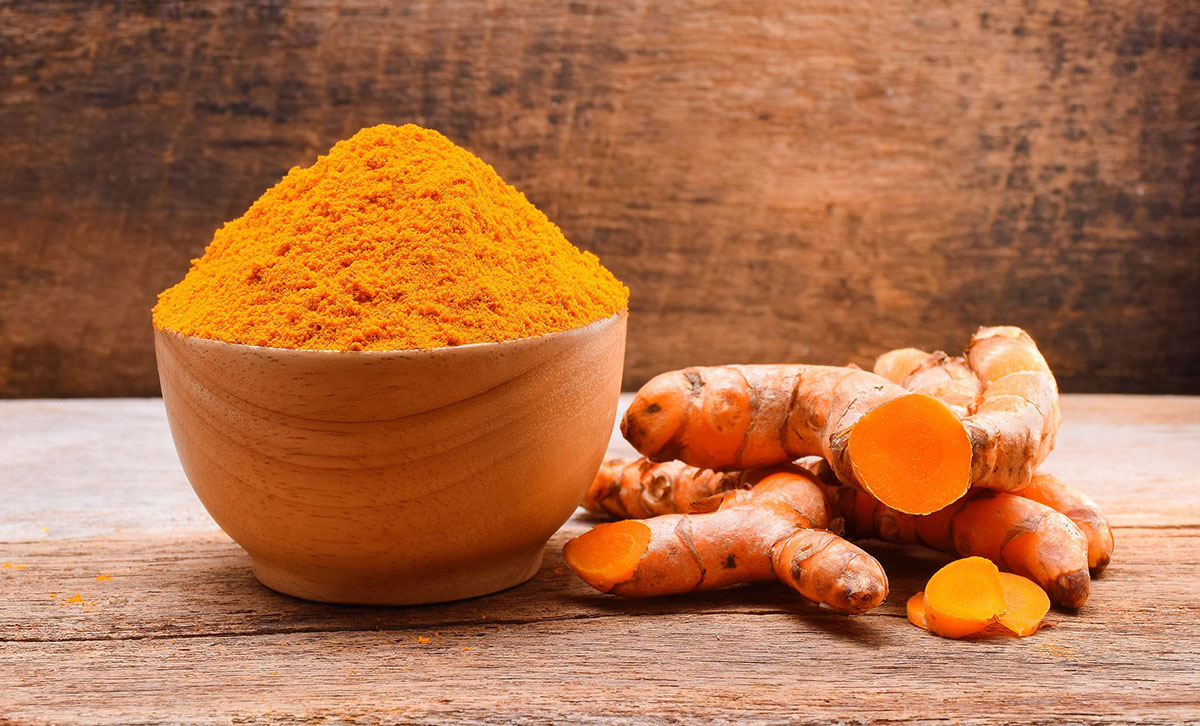
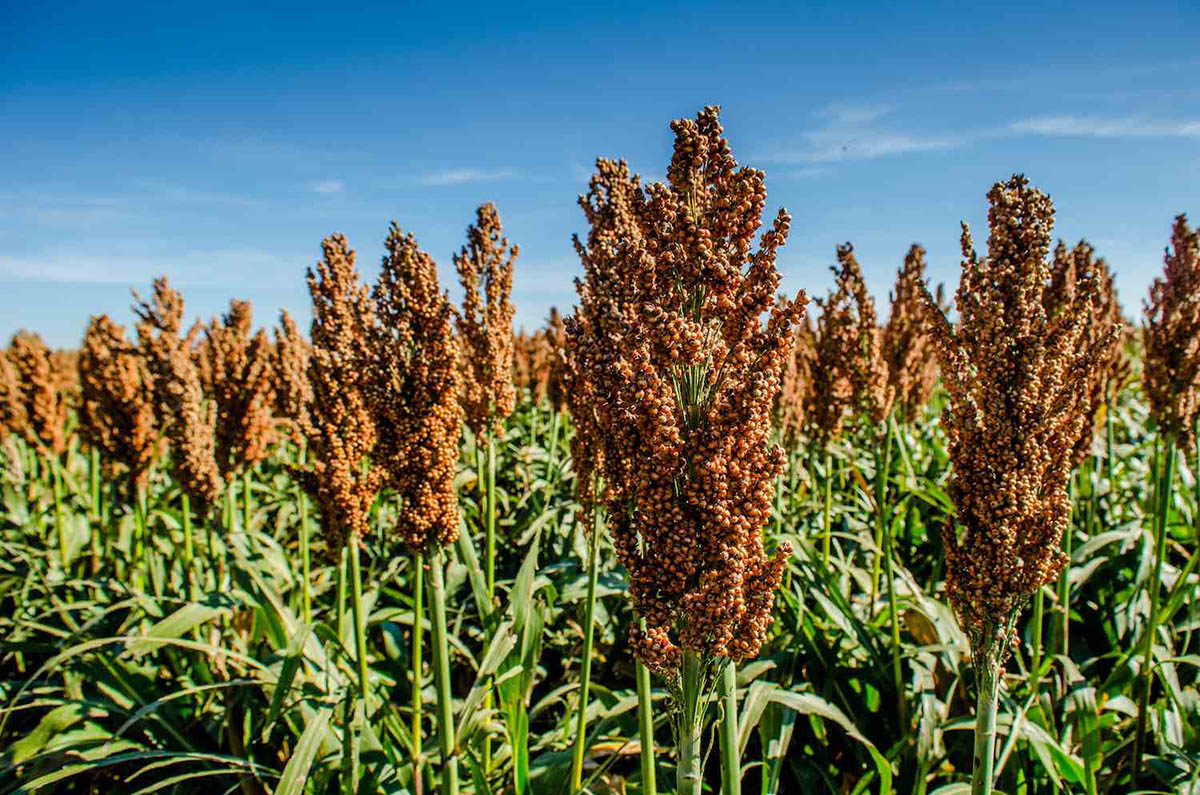

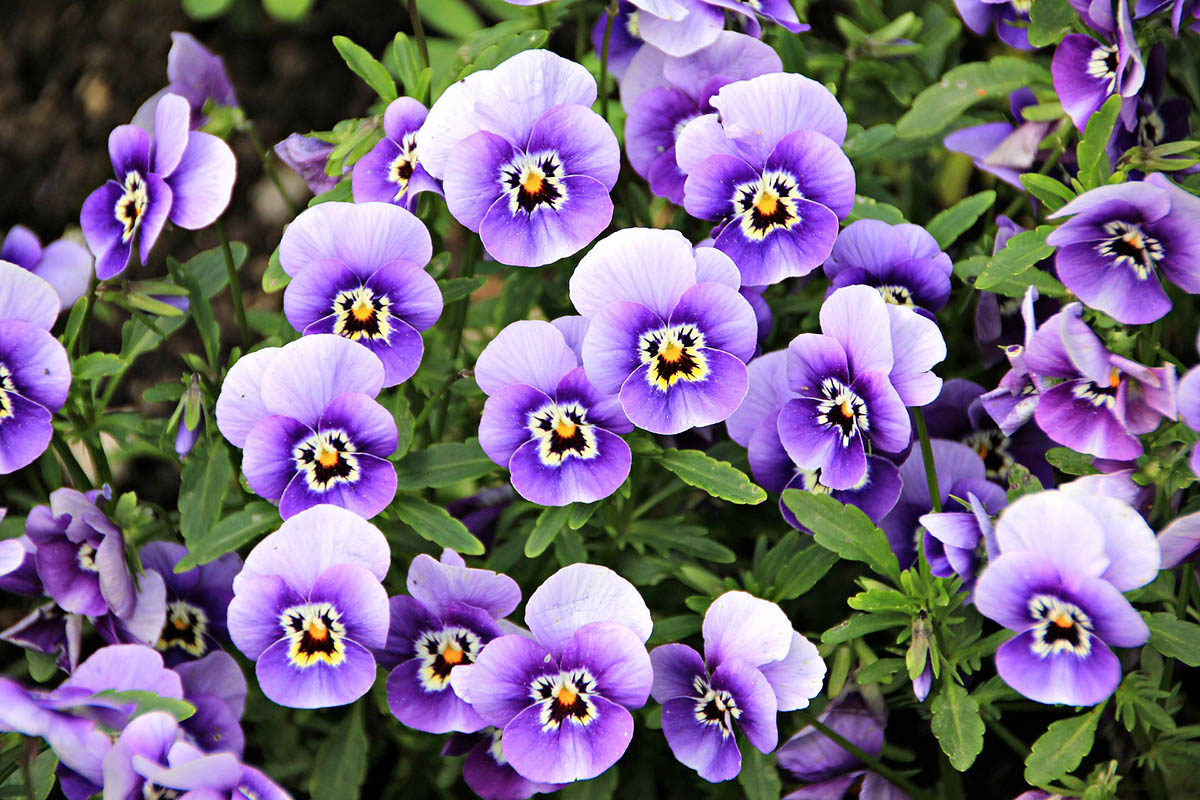
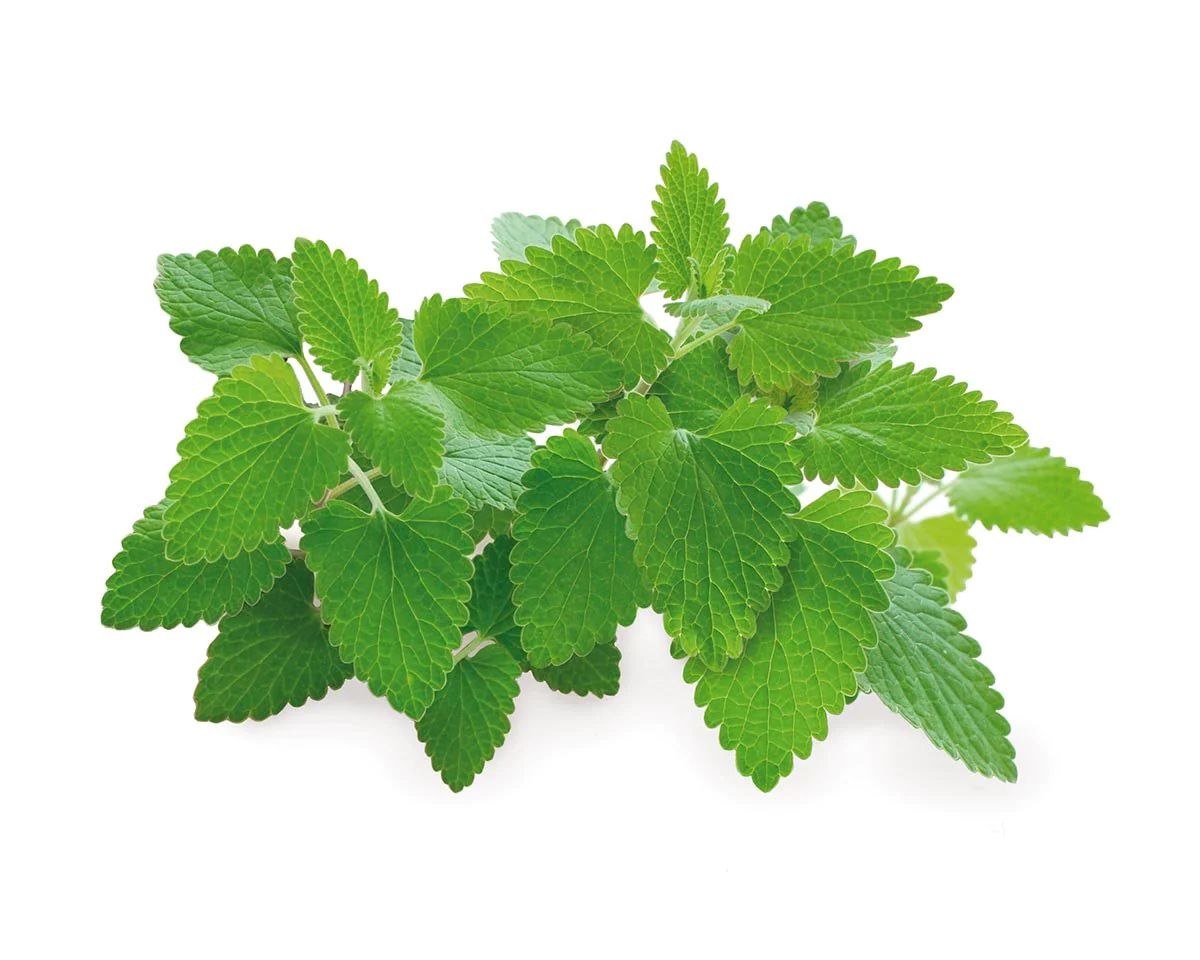
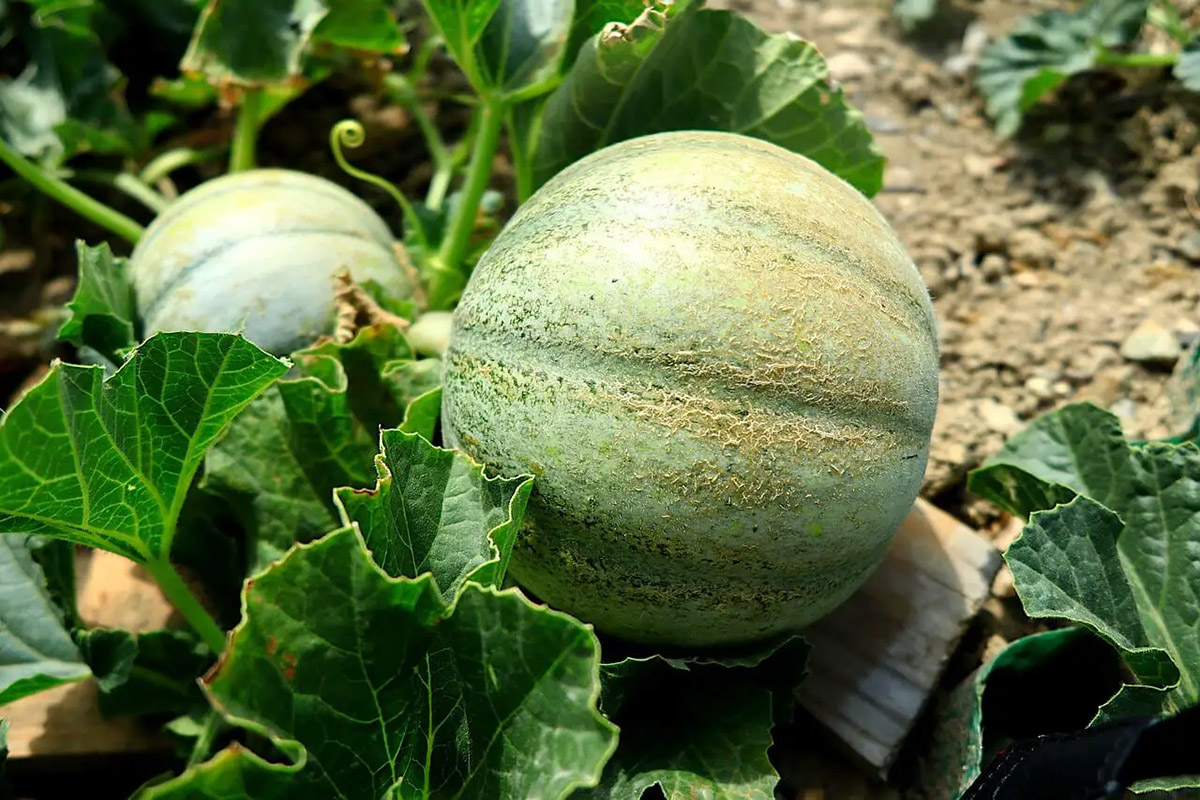
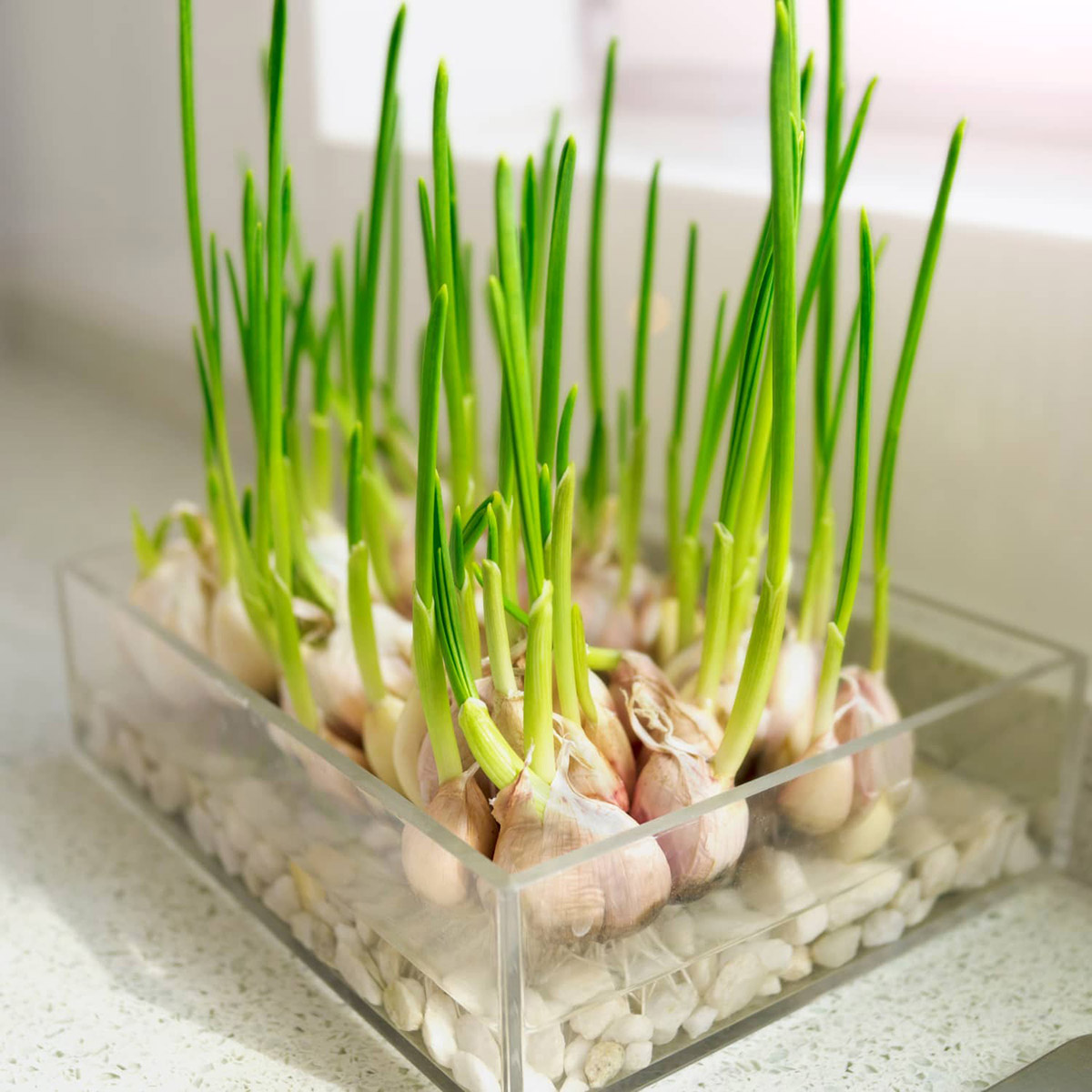
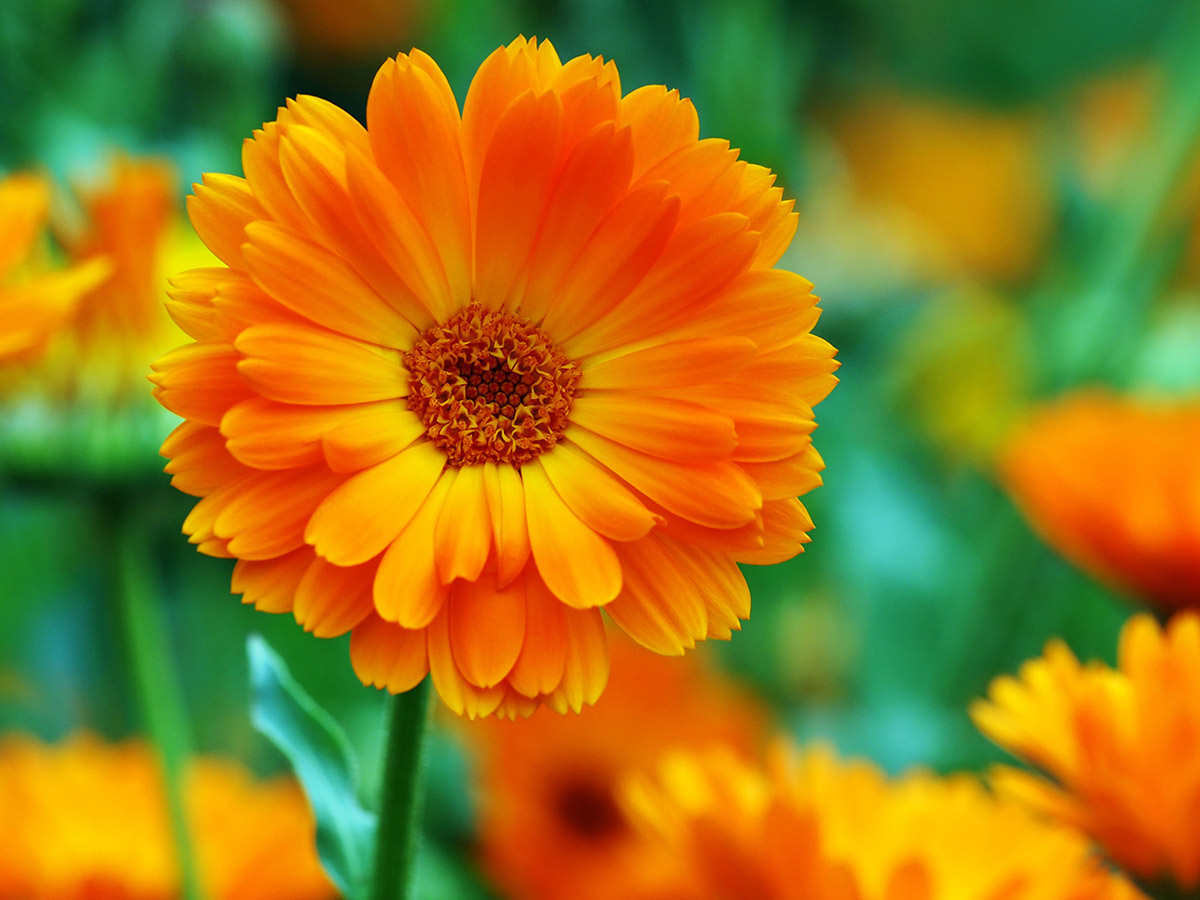
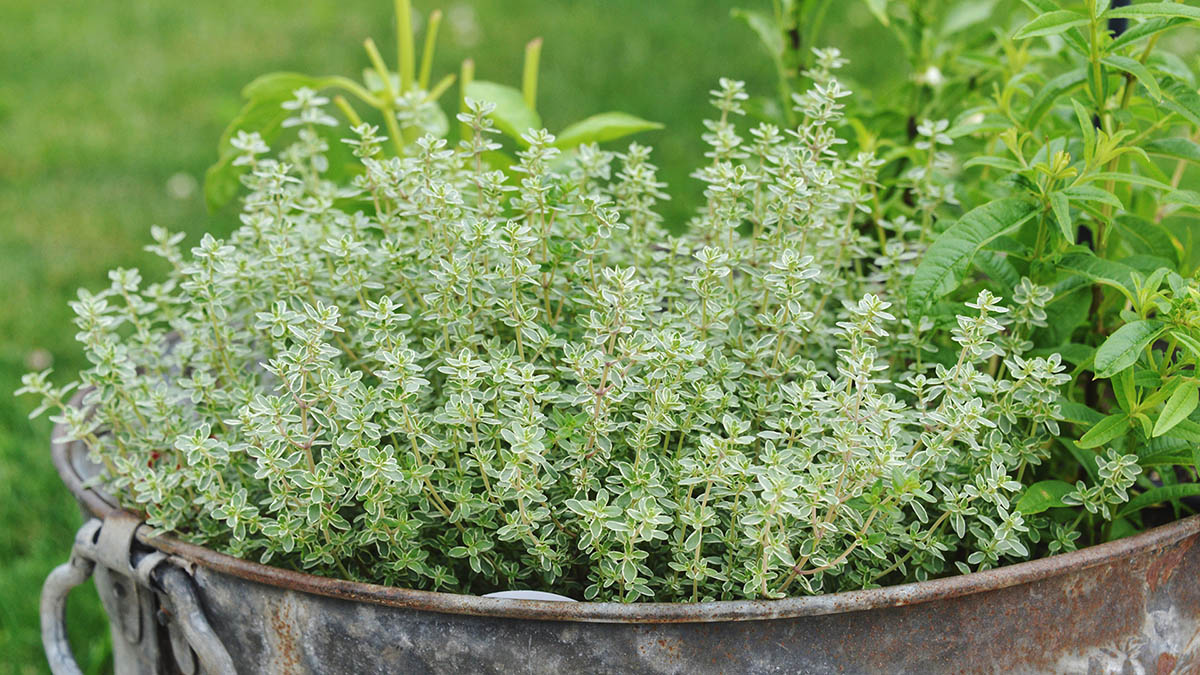
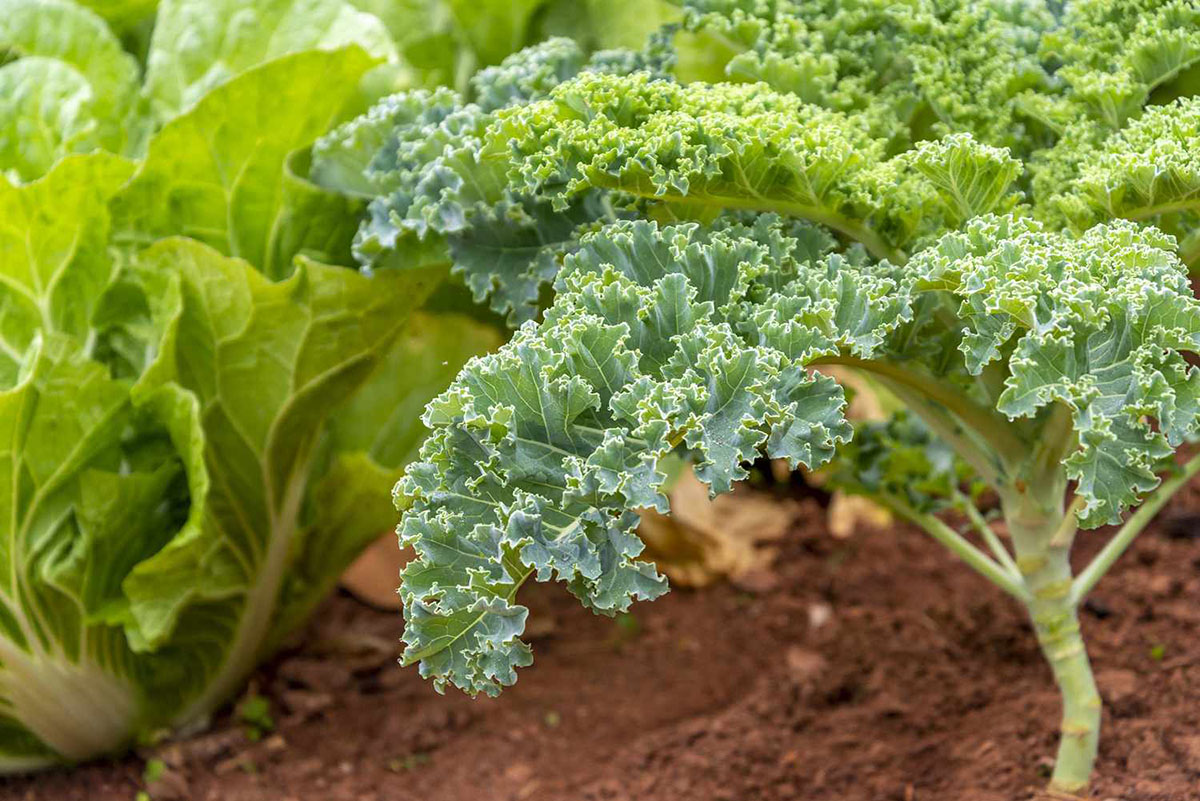
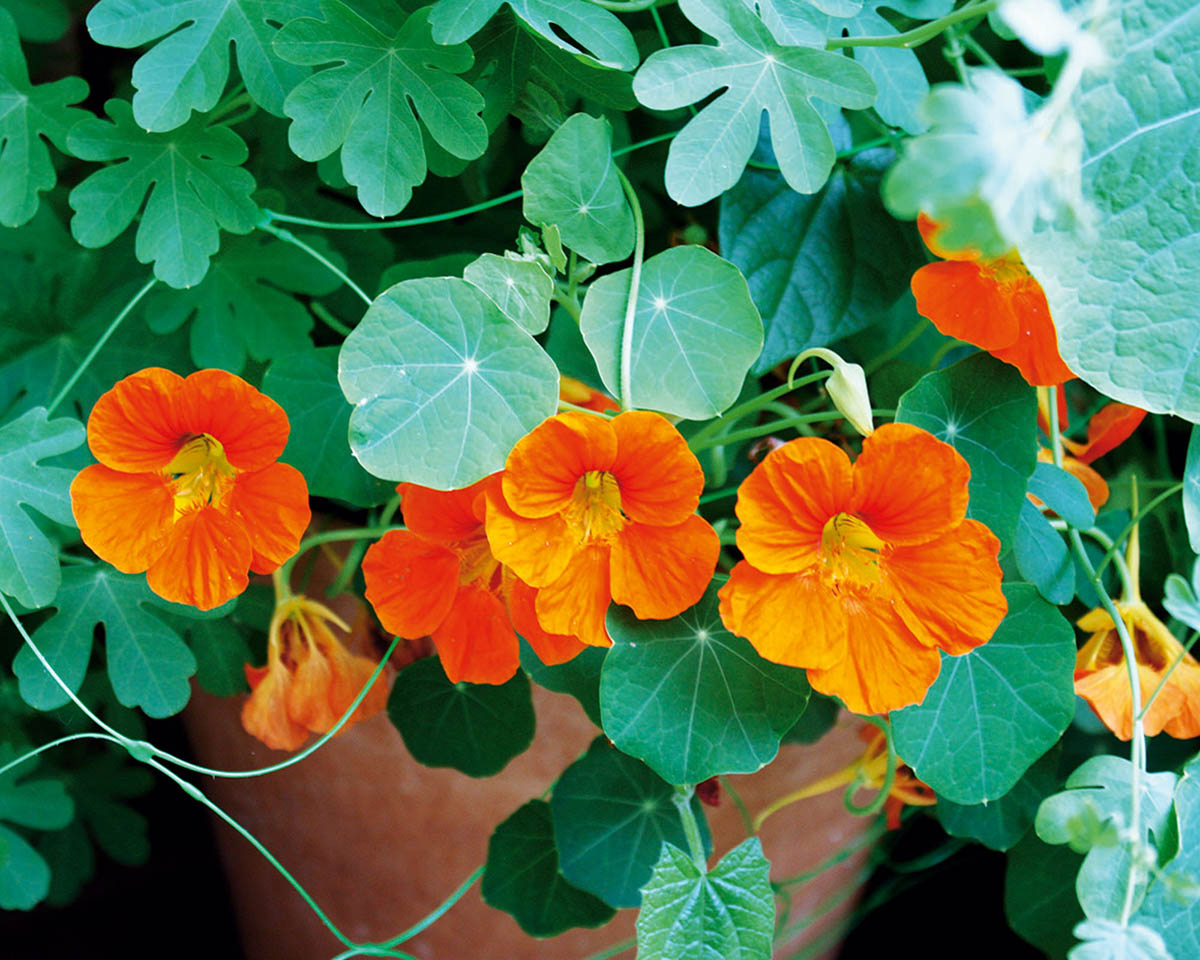
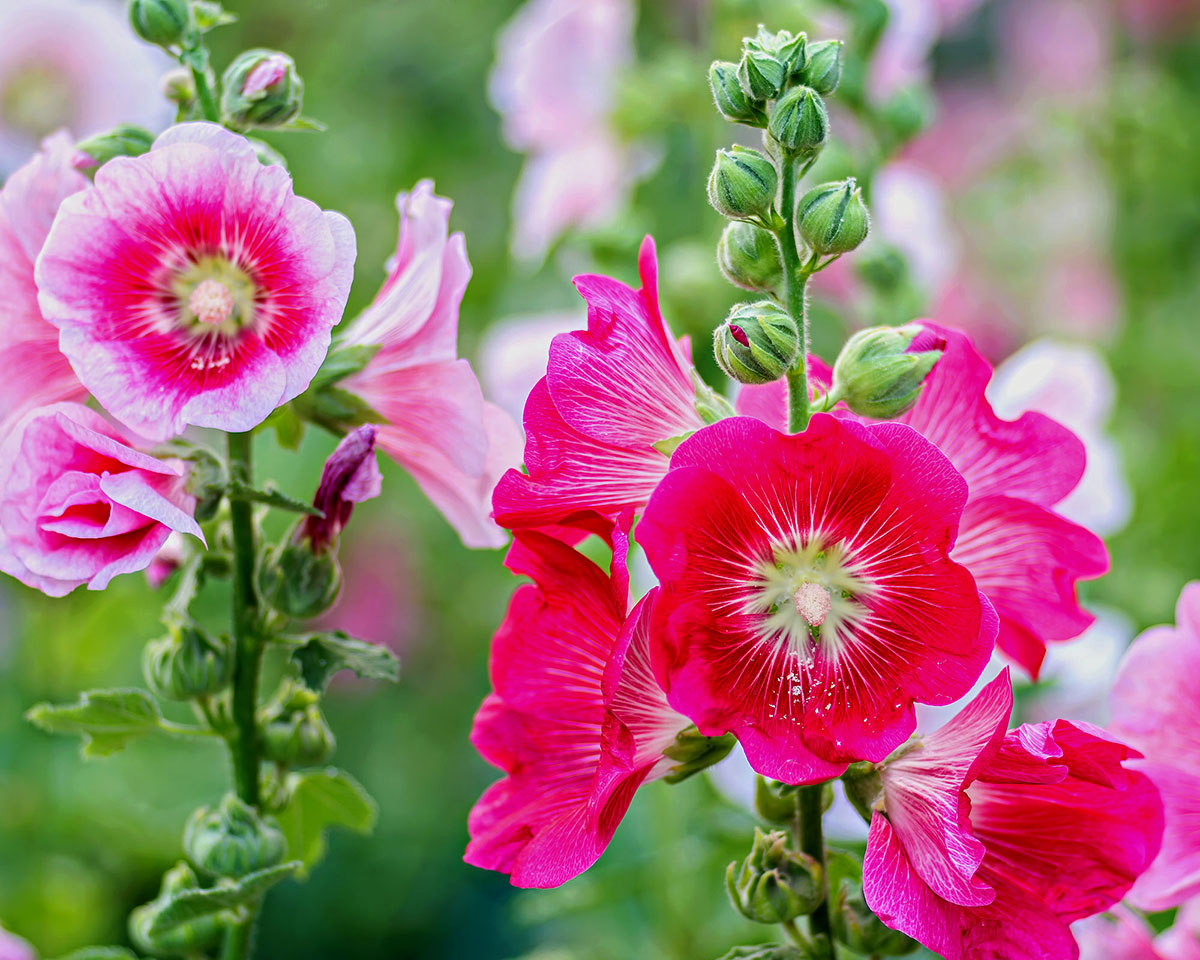
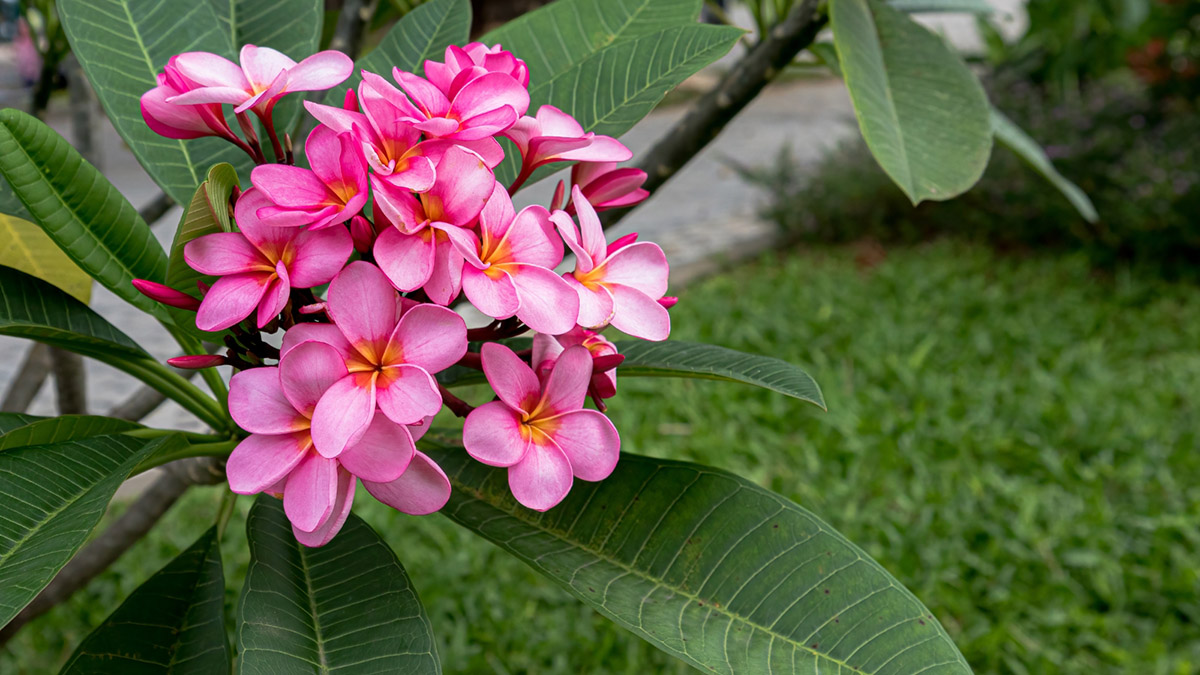

0 thoughts on “How Long Does Bamboo Take To Germinate”